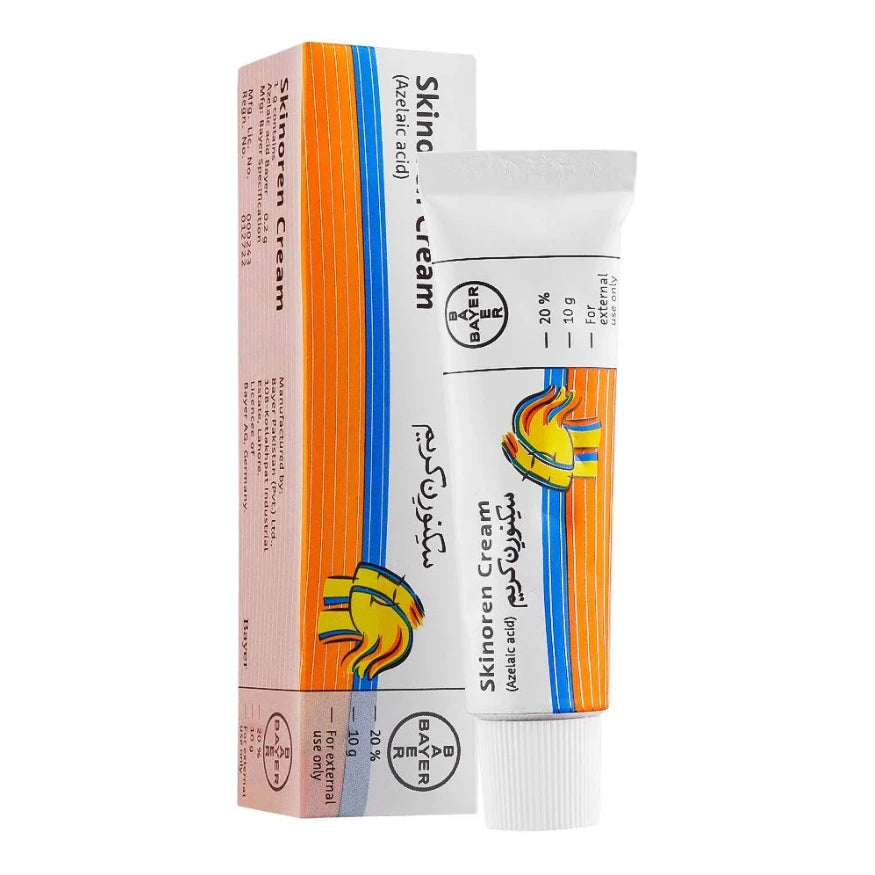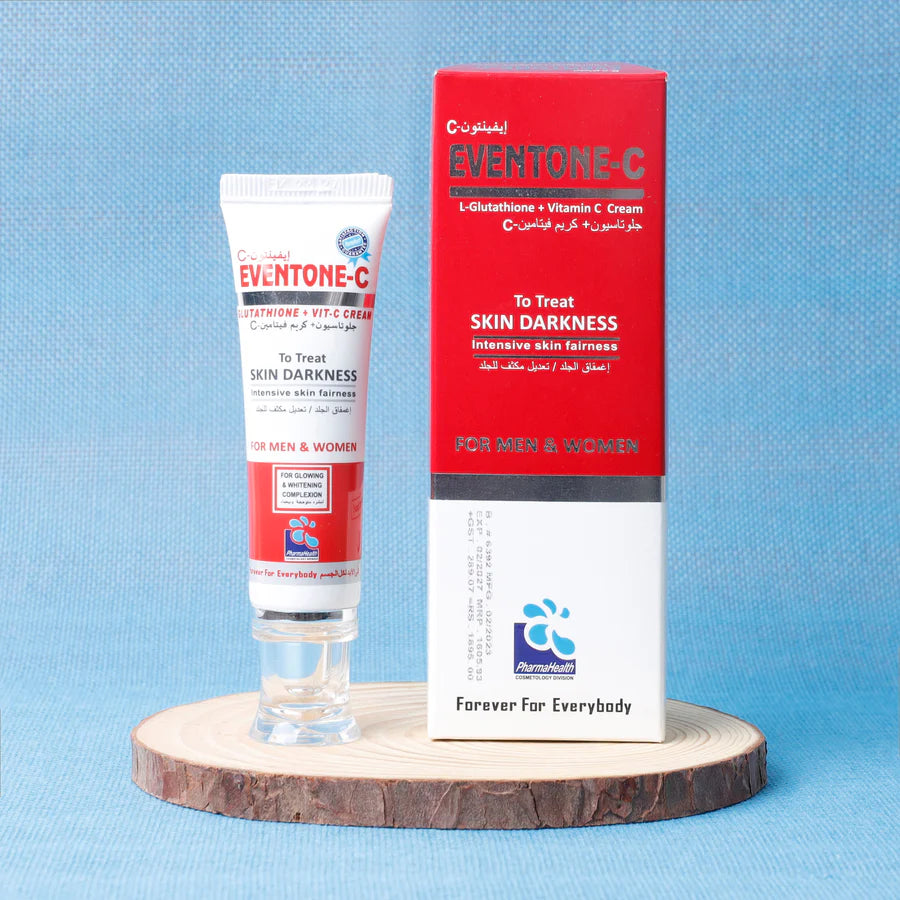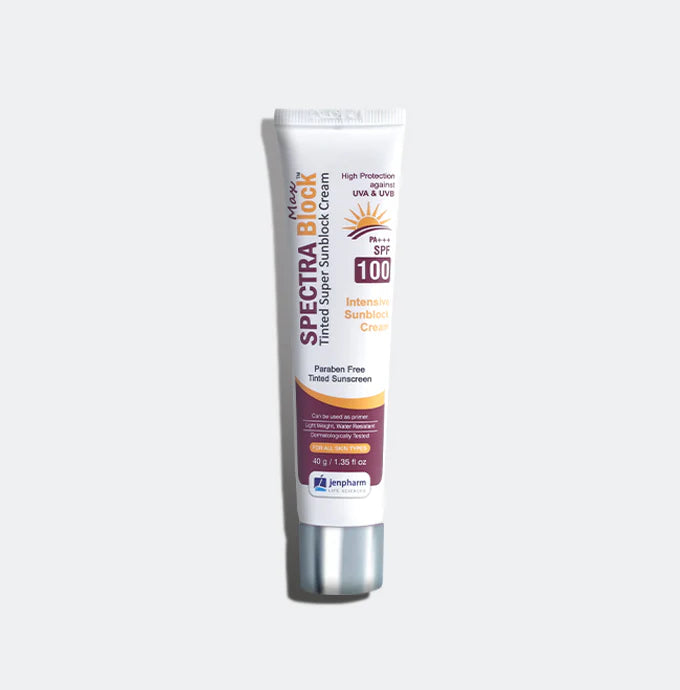Taking care of your skin is more than just a beauty ritual—it’s a form of self-care that protects your skin’s health and enhances your confidence. Yet, with the endless number of skincare products, techniques, and advice available, creating the right skincare routine can feel overwhelming. The truth is, there’s no one-size-fits-all formula. The best skincare routine depends on your skin type, lifestyle, and specific concerns.
In this guide, we’ll break down the ultimate skincare routine for every skin type. Whether you have oily, dry, sensitive, combination, or aging skin, you’ll find step-by-step routines, expert-backed tips, and product suggestions to keep your skin glowing and healthy.
Explore our Skincare Collection to find dermatologist-recommended products for your routine.
Why a Personalized Skincare Routine Matters
1. Protecting Skin Health
Your skin is the body’s largest organ and its first line of defense against external aggressors like pollution, UV rays, and bacteria. A well-structured skincare routine strengthens the skin barrier, which is essential for keeping moisture in and harmful elements out.
-
Without proper care, the skin barrier weakens, leading to dryness, irritation, acne breakouts, and sensitivity
-
Using the right products ensures your skin stays resilient, smooth, and protected from daily stressors.
2. Targeting Unique Concerns
Every individual’s skin is different, meaning one routine doesn’t fit all. Personalized skincare addresses specific needs:
-
Oily Skin → Requires oil-control and pore-minimizing solutions.
-
Dry Skin → Needs deep hydration and barrier-repairing products.
-
Aging Skin → Benefits from anti-aging ingredients like retinol and peptides.
-
Sensitive Skin → Requires gentle, fragrance-free products to reduce redness and irritation.
By tailoring your routine, you’re treating the root of your skin issues, not just masking the symptoms.
3. Long-Term Benefits
Consistency is key in skincare. A personalized routine doesn’t just improve your current appearance—it protects your skin’s future.
-
Prevents premature aging (wrinkles, fine lines, sagging).
-
Reduces the risk of chronic skin issues like acne, hyperpigmentation, or eczema flare-ups.
-
Helps you maintain a naturally radiant, youthful glow for years.
Think of skincare as an investment: the effort you put in today will pay off with healthier, stronger, and more youthful-looking skin tomorrow.
https://shaheenchemistrwp.com/collections/skin-care
Understanding Your Skin Type
Before starting any skincare routine, it’s essential to identify your skin type. Choosing the wrong products can worsen skin problems instead of solving them. Each skin type has unique characteristics, challenges, and needs. Here’s a closer look:
1. Oily Skin
-
Characteristics:
-
Excess sebum (oil) production
-
Enlarged pores, especially around the nose and forehead
-
Frequent acne breakouts, blackheads, or whiteheads
-
Skin may appear shiny by midday
-
Causes: Genetics, hormonal fluctuations, and overuse of harsh cleansers that trigger oil rebound.
-
Care Tips:
-
Use oil-free, non-comedogenic products.
-
Opt for gentle foaming cleansers that remove oil without stripping skin.
-
Incorporate niacinamide or salicylic acid to balance oil and prevent clogged pores.
2. Dry Skin
-
Characteristics:
-
Tightness and discomfort after cleansing
-
Flakiness, rough patches, or dull appearance
-
Fine lines more visible due to dehydration
-
Lacks natural glow
-
Causes: Cold weather, low humidity, over-exfoliation, or aging can contribute.
-
Care Tips:
-
Choose hydrating cleansers that don’t strip moisture.
-
Incorporate hyaluronic acid and ceramides for deep hydration.
-
Use thicker, cream-based moisturizers to lock in water.
3. Combination Skin
-
Characteristics:
-
T-zone (forehead, nose, chin) tends to be oily
-
Cheeks and outer areas may be dry or normal
-
Pores can be larger in oily areas
-
Breakouts may occur in specific zones
-
Causes: A mix of genetics, hormonal changes, and uneven oil distribution across the face.
-
Care Tips:
-
Use balancing cleansers that don’t overly dry or over-moisturize.
-
Apply lightweight moisturizer all over, with richer cream on drier areas.
-
Multi-masking: clay mask for oily zones, hydrating mask for dry areas.
4. Sensitive Skin
-
Characteristics:
-
Easily irritated, prone to redness and itching
-
Reacts to fragrances, alcohol, or strong actives
-
May sting or burn when using harsh products
-
Conditions like eczema or rosacea may be present
-
Causes: Weakened skin barrier, environmental triggers, or harsh skincare ingredients.
-
Care Tips:
-
Stick to gentle, fragrance-free skincare.
-
Avoid alcohol-based toners and aggressive exfoliants.
-
Use soothing ingredients like aloe vera, chamomile, and centella asiatica.
5. Normal Skin
-
Characteristics:
-
Balanced oil and hydration levels
-
Few breakouts, redness, or dryness
-
Smooth texture and small pores
-
Naturally healthy glow
-
Causes: Genetics play the biggest role; however, lifestyle and routine still matter.
-
Care Tips:
-
Maintain skin health with a simple, consistent routine.
-
Use gentle cleansers, lightweight moisturizers, and daily sunscreen.
-
Prevent premature aging with antioxidants like vitamin C.
6. Aging or Mature Skin
-
Characteristics:
-
Fine lines, wrinkles, and sagging skin
-
Loss of elasticity and firmness
-
Uneven skin tone or age spots
-
Often drier due to reduced oil production with age
-
Causes: Natural aging, sun damage, and decreased collagen production.
-
Care Tips:
-
Use anti-aging activities like retinol, peptides, and vitamin C.
-
Prioritize hydrating creams with hyaluronic acid and ceramides.
-
Always apply broad-spectrum SPF 30+ to protect against sun-induced aging.
Skincare Basics: The Core 3-Step Routine
When it comes to skincare, consistency matters more than complexity. While there are endless products and advanced treatments available, the foundation of healthy skin rests on three essential steps: cleansing, moisturizing, and sun protection. These simple practices, when done daily, can prevent most common skin concerns and set the stage for long-term skin health.
1. Cleansing: The First Step to Healthy Skin
Cleansing is the foundation of every skincare routine. Throughout the day, your skin is exposed to pollution, dirt, oil, sweat, and makeup—all of which can clog pores, dull your complexion, and cause breakouts if not removed properly.
Why Cleansing is Important
-
Removes impurities and excess oil
-
Prevents clogged pores and acne
-
Prepares skin to absorb serums, treatments, and moisturizers effectively
Choosing the Right Cleanser for Your Skin Type
-
Oily Skin → Use a gentle foaming or gel cleanser to control shine and remove excess oil without stripping.
-
Dry Skin → Cream or hydrating cleansers help retain moisture and prevent tightness.
-
Sensitive Skin → Opt for fragrance-free, sulfate-free formulas that cleanse without irritation.
-
Combination Skin → A balancing cleanser that removes oil but hydrates drier areas works best.
Pro Tip: Wash your face twice a day—once in the morning to refresh your skin and once at night to remove dirt and makeup.
2. Moisturizing: Restoring Hydration and Balance
Moisturizing is not just for people with dry skin—every skin type needs hydration. A good moisturizer helps strengthen the skin barrier, which protects against dryness, irritation, and environmental damage.
Why Moisturizing is Essential
-
Locks in hydration and prevents water loss
-
Keeps the skin barrier strong and resilient
-
Provides a smooth, soft texture
-
Helps reduce the appearance of fine lines caused by dryness
Picking the Right Moisturizer
-
Oily Skin → Lightweight, gel-based moisturizers absorb quickly without leaving residue.
-
Dry or Mature Skin → Rich, cream-based moisturizers with ingredients like ceramides and hyaluronic acid restore deep hydration.
-
Sensitive Skin → Choose soothing, fragrance-free formulas to avoid irritation.
Pro Tip: Apply moisturizer while your skin is still slightly damp after cleansing to lock in hydration.
3. Sun Protection: The Ultimate Anti-Aging Step
If there is one step you should never skip, it’s sun protection. Exposure to UV rays is the leading cause of premature aging, dark spots, hyperpigmentation, and skin cancer. Even if you don’t see visible damage right away, unprotected sun exposure accelerates the breakdown of collagen and elastin, leading to wrinkles and sagging over time.
Why SPF Matters
-
Shields skin from UVA (aging) and UVB (burning) rays
-
Prevents premature wrinkles, fine lines, and dark spots
-
Reduces risk of skin cancer
-
Protects results from skincare treatments like serums or exfoliants
Choosing the Right Sunscreen
-
Broad-Spectrum SPF 30+ is the minimum recommended for daily use.
-
Chemical Sunscreens → Lightweight, blend easily, good for everyday wear.
-
Mineral Sunscreens → Contain zinc oxide or titanium dioxide, great for sensitive skin.
-
Tinted Sunscreens → Offer additional coverage and even out skin tone.
Pro Tip: Apply sunscreen every morning, even on cloudy days or when indoors (UV rays can penetrate windows). Reapply every 2 hours if outdoors.
Putting It All Together: A Simple Daily Routine
Morning Routine
-
Cleanser → Wash away overnight oil buildup.
Moisturizer → Hydrate and prepare your skin for the day. -
Sunscreen → The most important step for daily protection.
Evening Routine
-
Cleanser → Remove dirt, makeup, and impurities from the day.
-
Moisturizer → Replenish hydration and repair the skin barrier overnight.
Key Takeaway
The **core 3-step skincare routine—cleanse, moisturize, protect—**is the simplest yet most effective way to maintain healthy, glowing skin. While advanced treatments and serums can enhance results, these three steps should always remain at the heart of your skincare.
Consistent use of these basics will:
-
Prevent breakouts and clogged pores
-
Keep skin smooth and hydrated
-
Protect against premature aging
-
Support overall long-term skin health
Expert Tips for Skincare Success
A good skincare routine is more than just using the right products—it’s about how you apply them, how consistently you follow them, and how you adapt to your skin’s changing needs. Here are some expert-backed tips to help you get the most out of your skincare journey:
1. Patch Test New Products
Before introducing any new product into your routine, it’s important to patch test. Even products labeled as “gentle” or “for sensitive skin” can cause irritation for some individuals.
-
How to Patch Test:
-
Apply a small amount of the product to your inner forearm or behind your ear.
-
Wait 24–48 hours to see if any redness, itching, or irritation develops.
-
Why It Matters:
-
Prevents full-face reactions like rashes, breakouts, or burning sensations.
-
Helps you identify ingredients that your skin might be sensitive to.
Pro Tip: Introduce only one new product at a time so you can easily identify the source if irritation occurs.
2. Consistency Is Key
Skincare isn’t about instant results—it’s about steady progress. Many products, especially those targeting acne, pigmentation, or aging, take time to show visible improvements.
-
How Long to Wait: Most products need 6–8 weeks of consistent use before results become noticeable.
-
Why It Matters:
-
Allows active ingredients (like retinol, niacinamide, or vitamin C) to work effectively.
-
Builds long-term benefits such as stronger skin, smoother texture, and fewer breakouts.
-
Common Mistake: Switching products too quickly when you don’t see immediate results can disrupt your skin barrier and worsen issues.
Pro Tip: Stick to your core routine daily and add treatments gradually.
3. Adjust With Seasons
Your skin’s needs change throughout the year due to temperature, humidity, and environmental conditions. Adjusting your routine ensures your skin stays balanced and protected year-round.
-
Winter Skincare:
-
Cold air and indoor heating strip moisture from the skin.
-
Switch to richer, cream-based moisturizers and hydrating serums with hyaluronic acid.
-
Summer Skincare:
-
Heat and humidity can increase oil production and sweat.
-
Opt for lightweight, gel-based moisturizers and always wear broad-spectrum SPF.
-
Transitional Seasons (Spring & Fall):
-
These are great times to reevaluate your products and make gradual adjustments.
Pro Tip: Keep a few seasonal products in your routine (like heavier moisturizers for winter and oil-free sunscreens for summer) to avoid skin imbalance.
Final Word on Skincare Success
Healthy skin doesn’t happen overnight—it requires patience, consistency, and smart adjustments. By patch testing new products, committing to a routine long enough to see results, and adapting with the seasons, you set your skin up for long-term health and radiance.
FAQs About Skincare Routines
1. How do I know my skin type?
Check oil production, dryness, and sensitivity. Consulting a dermatologist can also help.
2. Should I exfoliate daily?
No, 2–3 times per week is enough for most skin types.
3. Can oily skin skip moisturizer?
No, even oily skin needs hydration—just use lightweight, oil-free formulas.
4. Is sunscreen necessary indoors?
Yes, UV rays penetrate windows, so daily SPF is recommended.
5. Can I mix skincare products?
Some ingredients work well together (like hyaluronic acid and vitamin C), while others (like retinol and AHAs) should be used separately.
6. What’s the best anti-aging ingredient?
Retinol, peptides, and vitamin C are highly effective for mature skin.
7. Should I double-cleanse?
Yes, especially if you wear makeup or sunscreen daily.
8. Can natural remedies replace skincare products?
They can complement but not fully replace dermatologically tested products.
9. How soon will I see results?
Most routines show results within 6–12 weeks of consistent use.
10. Do men need different skincare routines?
Skin biology is similar; men should also follow routines based on skin type.
Final Thoughts
The key to glowing, healthy skin is building a skincare routine that matches your skin type. Whether you’re battling oil, dryness, sensitivity, or signs of aging, the right combination of cleansing, moisturizing, treatment, and sun protection will keep your skin balanced and radiant. For best results, stay consistent, choose gentle yet effective products, and consult a dermatologist for persistent concerns.
If you’re ready to transform your skin, start building your ultimate routine today. Remember—healthy skin isn’t just about appearance; it’s an investment in your long-term confidence and well-being.





0 comments